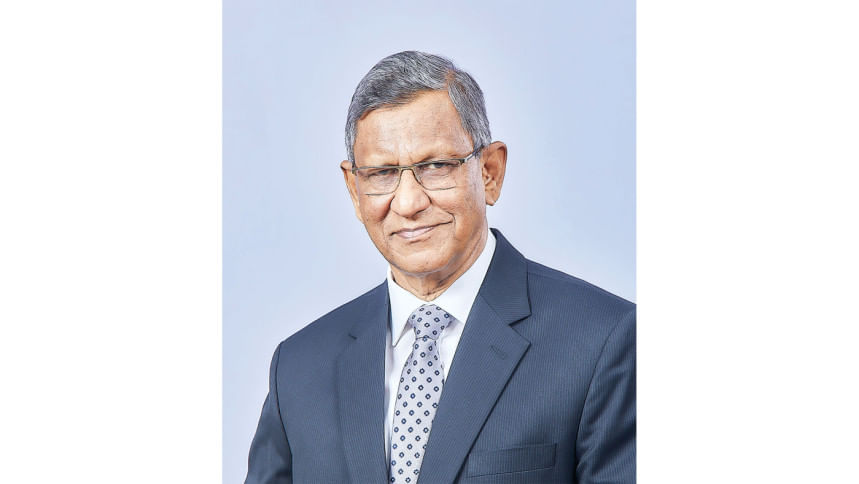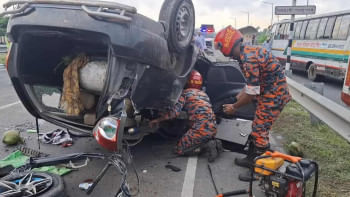Reforming the banking sector

Bangladesh Bank has recently taken an unprecedented step in restructuring some banks. This move will only bring real benefits if individual banks carry out their own internal reforms.
Banking reform is often confused with regulatory oversight. Regulators set the legal charters and provide policy support, but reform is a self-motivated task carried out by banks through constant, organised effort. Reform is most effective and sustainable when it comes from within. Just as charity begins at home, reform must begin at the boardroom tables of our banks. The maxim is not only a moral lesson, it is a powerful metaphor for institutional reform. That is my core argument.
Reform is needed in governance, processes and moral regeneration. In this effort, the Bangladesh Association of Banks (BAB), and in particular the forum of bank chairmen, bears a critical responsibility. As thought leaders and custodians of their institutions, bank chairpersons are in a unique position to lead by example.
History offers lessons. In 1972, the country was war-torn, with broken roads, destroyed bridges and no banking resources. Senior Bengali central bankers were stranded in West Pakistan. Banks had no overseas accounts (NOSTRO) to transact foreign trade, no monetary reserve, and no cross-border credibility. A vacuum in policy and power lasted for months.
Today, by contrast, Bangladesh has first-rate infrastructure, a dependable core banking system, workable reserves, and robust central banking support. What is lacking is a determined workforce driven by governance standards.
After independence, banking was coordinated by strong nationalism and determination to achieve results comparable to the liberation victory. This moral strength brought a second conquest that bankers still cherish.
Now, however, many bankers face moral conflict. Conversations with them reveal a dilemma. Their defensive silence in the past cannot turn into truth-telling voices overnight. After systemic change, many remain in what I call a post-corruption vacuum of moral uncertainty. They know the old ways were wrong, but they are unsure which of the new choices are right. They need an inner moral ground to stand again, guided by internal leadership.
The forum of bank chairmen also carries a troubled legacy. For a time, it was dominated by self-seekers, leaving behind a stigma that must be shed.
By contrast, the ethical model was once set by the Bankers Consultative Committee (BCC) of 1972. Convened by the then finance minister to shape the banking sector, the BCC was chaired by a senior central banker who later became governor of the Bangladesh Bank, with top bankers as members. If BAB could adopt the historical work ethic of the BCC, it could become the conscience keeper of the banking industry.
Consider this: foreign banks operating in Bangladesh under the same laws consistently demonstrate strong credit quality, compliance and operational discipline. Local banks, by contrast, often stumble. The difference does not lie in the laws but in internal culture, governance and ethics. Domestic banks struggle with political interference, weak controls and lax accountability. BAB has the power to change this culture by setting examples. We must remember that on the same soil, some flowers bloom and others fade, not because of the weather but because of how they are cultivated.
This is a plea not to regulators, but to leaders within the banking sector. The greatest reward for the bank chairmen forum lies not in dividends, but in seeing their institutions grow with dignity. Just as charity begins at home, sustainable banking reform must come from within.
The writer is a former banker

 For all latest news, follow The Daily Star's Google News channel.
For all latest news, follow The Daily Star's Google News channel. 



Comments